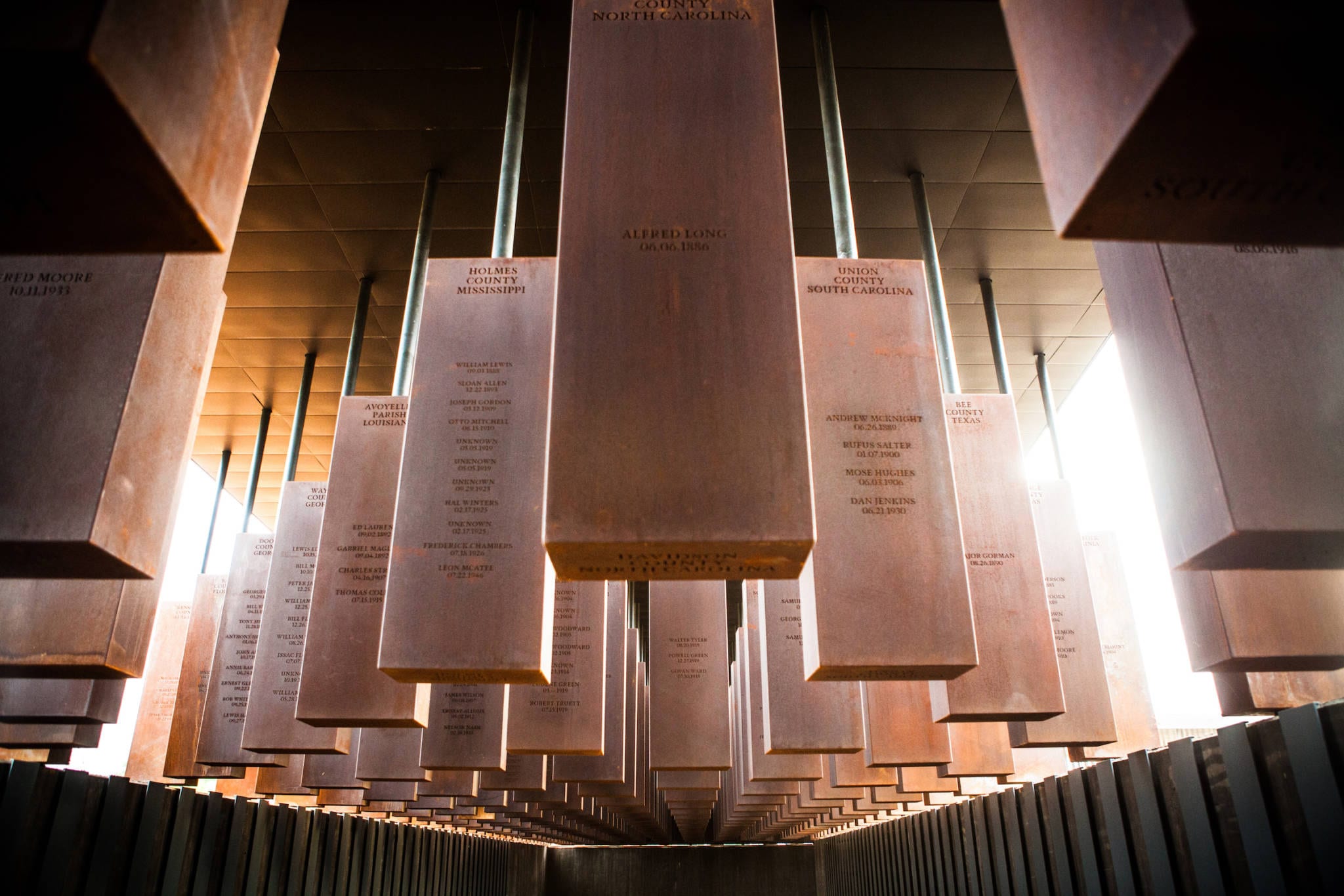By the Humanities Council
This year, the Humanities Council is awarding grants for 57 new projects led by more than 80 Princeton faculty who bring experimental, diverse, and international ideas to their teaching and research. The projects, supported by special grants, collaborative humanities, and innovation grants, build bridges across departments and disciplines and reconceive how the humanities can be imagined and taught.
This year’s projects demonstrate how Princeton’s humanities community has pivoted creatively to the moment.
Scholarship and/as Activism
Among the Council’s Magic Grants for Innovation is a project entitled The Classics and Activism, which will engage activists as graduate seminar co-teachers and incubate new modes of practicing knowledge of “the classics” as a public good. Part of the Intersdisciplinary PhD Program in the Humanities, the project will be featured as part of the first-ever Humanities Innovation Forum on September 29.
An Exploratory Grant in Collaborative Humanities will support Organizing Stories: Toward a Scholarly-Activist Praxis, which aims to connect students with racial justice activists, developing dynamic modes of storytelling around anti-racist activism, organizing, and coalition-building.
The Program in Humanistic Studies’ Interdisciplinary Approaches to Western Culture will collaborate with the Program for Community-Engaged Scholarship (ProCES) to introduce a service component to the course, asking how ancient texts engage with current social justice issues.
Archival Recoveries
Black identity and black representation in arts and cultural histories will be the focus of Interrogating History: The Classical Black Theater Canon, combining archival research with performance of work by black playwrights, and the Black Artists Lab. An international symposium, Black Beckett, will focus on American segregation, slavery, and race laws in the work of Irish playwright Samuel Beckett.
A conference on Afro-Asian Connections in Latin America will explore the communal bonds between subjects of African and Asian descent from the mid-nineteenth century.
Archival Silences, a series of public seminars hosted by the Humanities Council, will explore lost voices as they are recovered through critical fabulation, community archives, invented archives, and more, offering panel discussions such topics as “Decolonizing Knowledges” and “Fictioning Archives.”
A substantial grant will support a digital archive of The Seminars of Jacques Derrida, enabling new research on one of the 20th century’s most important thinkers.
These projects join other archival projects with Council support, including Piranesi on the Page and The Princeton Project on the Ethiopian Miracles of the Virgin Mary (PEMM).
Reckonings
A new undergraduate course in anthropology and humanistic studies, Reckoning: Complicated Histories and Collective Identities, will focus on race and collaborative heritage through an investigation of memorials, monuments, and museums in the American South.
A Carceral Studies Working Group will launch this year for faculty and graduate students, examining previously understudied aspects of the history of incarceration and bringing attention to carceral practices and geographies.
These projects join multi-year Council-supported initiatives already underway, including Racing the Classics and American Contact: Intercultural Encounter and the History of the Book.
Experiments in Technology
Computational Environmental History in Namibia will combine photography, mapping, and computer simulations to create a digital dataset to reveal the historical interaction between society and environment.
In a collaboration with Yonsei University in Seoul, a new virtual reality pedagogy will be created for Princeton’s Korean language courses, using 360 degree video footage.
Transposing the traditional craft of bobbin lacing into a robotic fabrication process, Robotic Lacing will automate the complex process of lace-making and develop a technique for an architectural prototype to test and showcase new applications for textile craft.
Special Grants awarded this year support a new series of lectures and workshops on Music in Film, The Black Artists Lab, and international conferences including “Global Cervantes,” the “Global Netherlands 1500-1700,” and “Global Publishing for Early Career Scholars.”
Team Teaching and Curricular Innovation
The Council supports innovation in interdisciplinary and team-taught courses, including this year “Ancient Plots, Modern Twists,” “The Antigone Project,” “Technologies of Communication,” and “Language to Be Looked At.”
2020 Rapid Response Grants
Twenty-seven grants have been awarded to projects that sustain humanities research, led by 35 faculty and research staff from 26 different departments and programs across campus.
See the full list of projects here: Magic Grants, Exploratory Grants in Collaborative Humanities, Special Grants, Team Teaching Grants, and Rapid Response Grants.
















